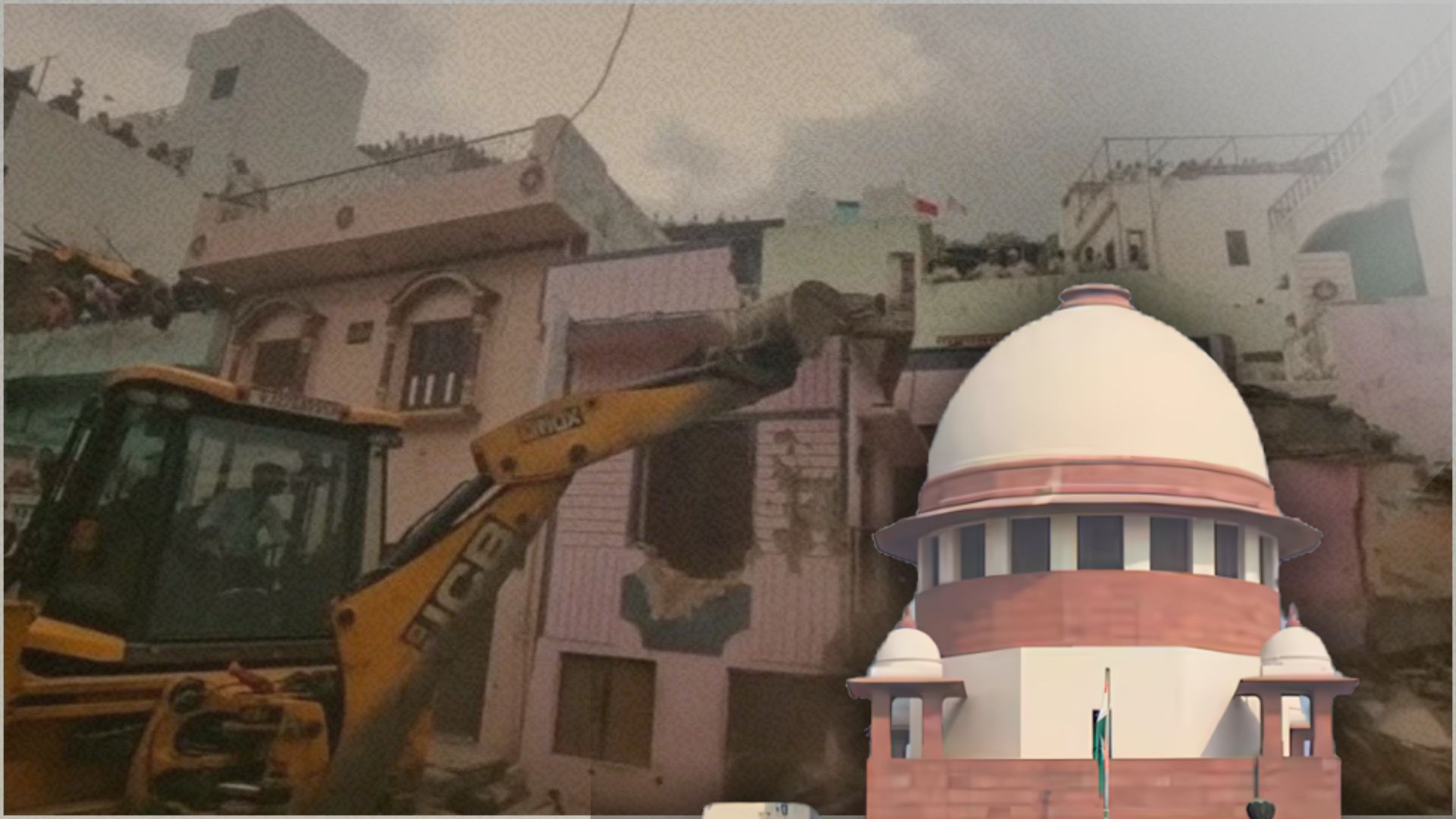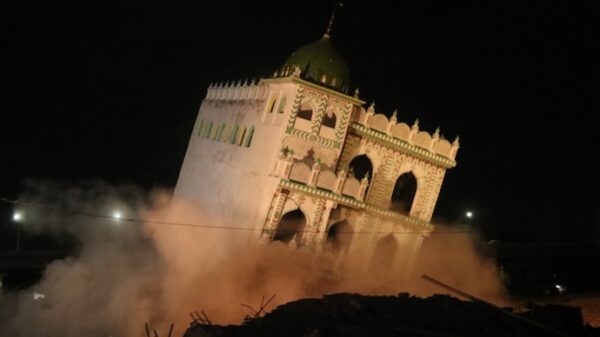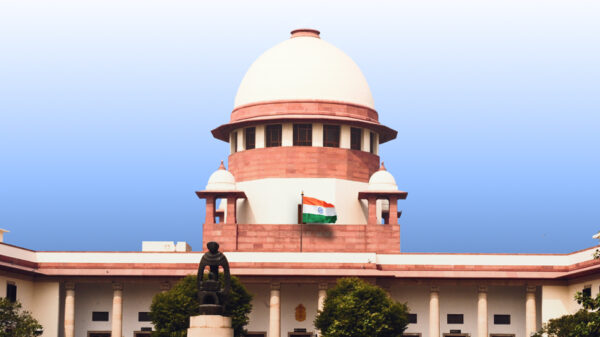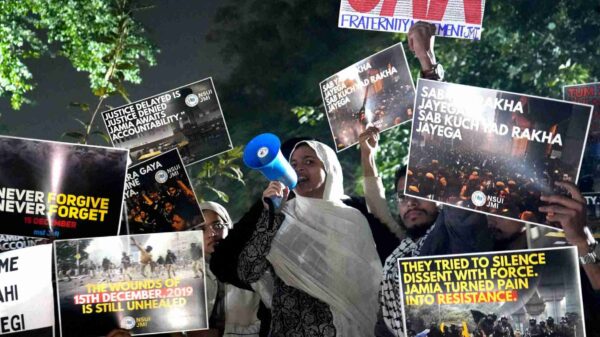On November 13, 2024, the Supreme Court sent a strong message against “bulldozer justice,” stating that the executive cannot demolish a person’s house just because they are accused or convicted of a crime. The Court said that such actions violate the rule of law and the principle of separation of powers, as only the judiciary can decide a person’s guilt.
“The executive cannot pronounce a person guilty. Only on the basis of accusation, if the executive demolishes the property of the person, it will strike at the rule of law. The executive cannot become a judge and demolish the properties of the persons accused. The chilling sight of a bulldozer demolishing a building reminds one of lawlessness where might was right. Such highhanded and arbitrary actions have no place in a constitutional democracy. Such actions have to deal with a heavy hand of law. Our Constitutional ethos does not permit such a course of law…,” said the bench of Justices BR Gavai and KV Viswanathan.
The Court also stated that public officials responsible for such demolitions should be held accountable. “Public officials who act in a high-handed manner must be held accountable,” the Court said, adding that such demolitions amount to “collective punishment” for the families of the accused.
The ruling came after petitions from the Jamiat Ulema-i-Hind and others, who had sought action against the trend of demolitions being used as a form of punishment. The Court issued a set of guidelines, including that any demolition must be preceded by a show-cause notice, a chance for the owner to contest the decision, and a personal hearing.
“It is not a happy sight to see women, children, and elderly persons dragged to the streets overnight,” the Court observed, urging authorities to wait a reasonable period before carrying out demolitions.
The Court also directed that demolitions should only target unauthorised constructions that are not compoundable, and every step must be carefully documented and video-recorded.
The guidelines stress that no demolition should happen without notice, and the affected party must be given at least 15 days to appeal the decision. If authorities act in violation of these rules, they could face legal consequences, including being personally liable for restitution of the demolished property.
This ruling is part of the Court’s ongoing effort to prevent misuse of demolitions, particularly in cases where the demolition is linked to an accusation or conviction in a criminal case.

































































